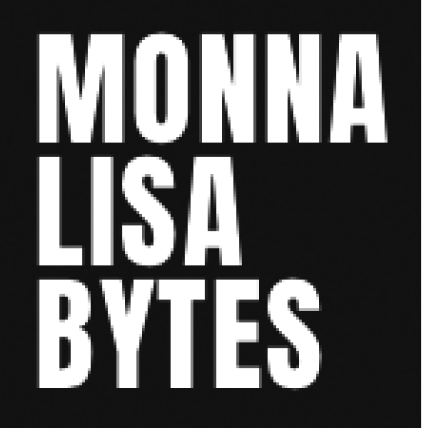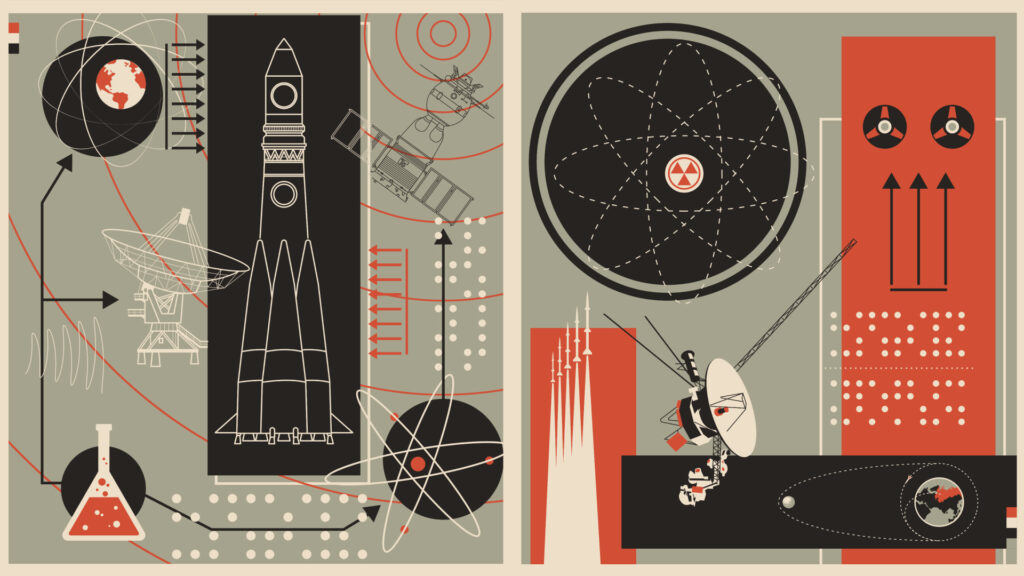A statement can be considered meaningful if and only if it can be verified by reference to observation.
from “Language Truth and Logic” by A.J. Ayer
There is an important boundary between scientific authority that can be trusted, and pseudoscientific dissent based on an ideology (or economic interests). The problem is that people do not trust scientists anymore: 2020, a year unlike any other, has shown that even the most authoritative doctors often contradicted themself and shown that scientists too can make mistakes. In the past there have been some striking cases of theories rejected by the scientific community which turned out to be correct (for example the theory of plate tectonics, initially ridiculed by the American geological community as being “too European”). In contrast, theories considered to be right by the community were later proved wrong, such as the “theory of menstruation” (this is not its real name, I just called it that for ease), popular in the 19th century and according to which women should not work or study during their period, to avoid damage to their her fertility. Likewise, eugenics, which proclaimed the genetic superiority of certain ethnic groups above others has wrongly been promoted as scientific theory to disastrous effect.
How can we be sure then that the scientists aren’t wrong, as they have sometimes been in the past? We might want to check if vaccines really work? If climate change really exists? If cigarettes really cause cancer? If we use vaccines as an example, since it’s all we talk about these days, many people are confused about vaccine risks, even though immunologists tell us that vaccines don’t cause autism, don’t cause genetic mutations, and don’t cause major side effects unless there is an anaphylactic reaction. Yet, this is not enough to calm the debate (in the UK 28% of people are estimated as not willing to be vaccinated). The popular press continually disputes scientific research, often using as interlocutors people who do not have adequate scientific background to question the science which fuels the argument. So how can we tell who to believe, and who not to? Why should we trust science?
Here is our -scientifically thoughtful- answer:
- Science is a community built on a consensus view, not the opinion of the individual scientist
This is one of the major injustices inflicted by the popular press (and social media) on the world of research, that is to interview individual scientists, get them to give their opinions, and then present them as spokesperson for the entire scientific community. Science doesn’t work that way. Scientific progress is a group activity: a theory is supported within the community only after it has passed a selection with specific parameters. The parameters are the peer-review system (which means that your work, before being published, is evaluated by a set of experts), the sharing of data, the ability to reproduce the results between labs, and the less-formal critiquing of unpublished work at seminars, conferences and meetings. Thus, don’t judge the individual scientist, judge the degree of scientific consensus their work has gained, over the years, within the community in which they work: is the material you are reading supported by multiple papers published in authoritative journals, and by other authoritative research groups? Then perhaps yes, the opinion you are reading is trustworthy. Or, is the scientist espousing that opinion a person with a well-known record of public delirium and distorted views which are never supported by the rest of the scientific community? In these cases, maybe we can judge the individual scientist. An emblematic example is the case of Luc Montagnier, a Nobel Prize winner for co-discovery of HIV, who proclaimed in the ’90s that AIDS was transmitted en electromagnetic signal, became a no vax, no-Covid champion, and advocate of several conspiracy theories, all rejected by the scientific community)?
- This consensus view is based on a method (not a doctrine) that requires verification of data
Science is the practice of making meaningful claims and using observations to judge whether the claims are correct or not. Verification of theories through experiments allows us to assess what can be trusted, and what cannot. This principle, using observation and data to judge whether something is plausible or not, is what demarcates scientific knowledge from unsubstantiated theory or speculation. A scientific theory can be verified, or disproved, using observation and data corroboration. A theory that is not verifiable with data and observation, is not a scientific theory.
- Science constantly questions itself
Science is done by human beings, with all their problems, feelings, emotions, prejudices and fallibilities, and therefore it is not without, sometimes gargantuan, errors. The tone can become harsh even within a limited community, with overtones that get personal. But science, precisely because it knows that a point of view also depends on the social position occupied by the viewer, is built in such a way that it can self-correct itself over time. Scientists correct each other (sometimes vehemently, I’ve attended conferences during which people were on the verge of beating each other up) through a process of continuous questioning, which is part of the scrutiny of a scientist’s admission to the next level. It is through such exchanges of ideas and constant questioning that a scientist is forced by their colleagues to continually verify their (and others) work and theories, thus contributing to the growth of the subject and the community.
- Science has a proven record of success
We live in a world of medicines that can save lives, technologies that make life easier for all of us, and knowledge that allows us to do things that humans could never do before, all derived from science. Science, beyond any reasonable doubt, works.
This viewpoint is not a call for us to have blind faith, but rather a call to have an informed trust in the consensus of the scientific community, a standpoint which does not necessarily represent the view or opinion of the individual scientist. Respecting knowledge that has been shown to pass scrutiny, or a medical approach with a 300 year-long proven clinical efficacy, is different from accepting generic opinions which stem from ignorance, fallacious or, worse, self-interested, logic.
[Because I don’t want to sound smarter than I am, and I would like to avoid a lawsuit for plagiarism, I should probably be fair and confess that most of my thinking on this subject comes from reading the books of Naomi Oreskes (especially “Why Trust Science?” and “Beyond the Ivory Tower” ). She is the Henry Charles Lea Professor at Harvard, a geologist, a historian, a philosopher of science, a writer, and a passionate defender of the scientific method. Her books are as light as a barium tile and as simple as St. Augustine in ancient latin (with no translation aids), but if you feel like trying, they are definitely worth the effort.]
Over The Pop
Politically charged events during the past three weeks have brought back to the forefront of the public debate the question of the impact of fake news on free thinking, and the matter of freedom of expression. Is it legitimate to censor the voice of someone who makes fake news his weapon, the effect of which has been evidenced by acts of violence?. The topic somehow touches upon science, because so much fake news concerns the scientific field, but it can also be discussed through other endeavors of knowledge. Today we suggest a roundup of opinions (opposite opinions, of course!) offered by the major voices on the international political scene.
Among the many, we suggest this nice article by The Conversation, which shifts the focus not so much on the fact itself, but on the objective evidence of manipulation, on an industrial scale, of social media for political campaigns. In addition to the article, we also suggest this report, sponsored by The Conversation and The Project Manipulation Propaganda, from the University of Oxford, which presents a global inventory of organized manipulation of social media.
The Guardian also does a neat job, comparing the opinions of five experts in the field of defense of freedom of speech. CNBC goes to ask directly the opinion of Angela Merkel (this lady has for so long been the head of a democracy, that it makes sense ask her opinion on something like this), the Washington Post chooses to tell the story from the perspective of Twitter, the New Yorker takes us into one of its classic in-depth analyses showing both sides of the coin, and the great xkcd gives us its perspective on the matter, in its own inimitable way, obviously.
 This article appeared for the first time on our fortnightly newsletter. To keep up with the scientific debate, join the community of Monnalisa Bytes and to receive a preview of all our newsletters subscribe here!
This article appeared for the first time on our fortnightly newsletter. To keep up with the scientific debate, join the community of Monnalisa Bytes and to receive a preview of all our newsletters subscribe here!
